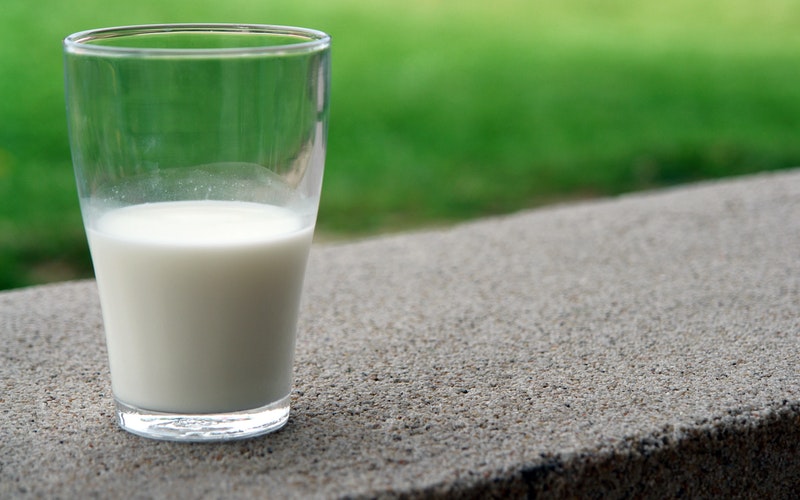Erlanger Dentist Explains How Important Your Mouth Is
You know by now that brushing and flossing your teeth are important for good oral health. Many people don’t know, however, that keeping your mouth healthy is important to your overall health, as well. We should be careful about what we put in our mouths, of course, but we should also take care what we leave behind in our mouths. Dr. Darlene Henry explains why your mouth is more important than you may think.
Your Mouth and Your Body
Bacteria and bacterial plaque constantly form around your teeth and gums. If allowed to remain for more than 48 hours, plaque calcifies into an insoluble substance called tartar, which cannot be removed by simply brushing and flossing your teeth. If you do not attend your six-month dental checkup, tartar remains and begins to attack your teeth and gums. Your mouth’s defenses, including saliva and tooth enamel, become compromised, and you have a higher risk of tooth decay and gum disease, leading to the loss of one or more teeth. The same bad bacteria that attack your mouth can enter into your bloodstream through the infected, defenseless gum tissue, causing further infection as it passes through your body. For this reason, periodontal (gum) disease has been linked to potentially fatal systemic diseases, including diabetes, heart disease, and dementia, among others.
Your Body and Your Mouth
Maintaining your oral health can benefit your physical health, but monitoring your oral health can also warn you of irregularities in your body. Many of the earliest symptoms of a systemic disease can manifest in the form of lesions in the mouth and other oral problems. At your Erlanger dental checkup, Dr. Henry will conduct a visual oral cancer screening using advanced VELscope technology. A fluorescence-based system, VELscope detects tissue abnormalities that can indicate a risk of cancer.
If you would like to learn more about your oral dental health, call our Erlanger, Kentucky office at (859) 344-8500 to schedule a consultation.
Fun Enamel Facts from Your Erlanger Dentist
The hard outer layer on the crown of your teeth is called enamel. You may have heard about it before, probably from your dentist or from dental product commercials, but how much do you know about tooth enamel? Erlanger, Kentucky dentist Dr. Darlene Henry offers these fun facts about your teeth’s most important protector.
- Tooth enamel is the hardest tissue that the body produces–even harder than bone! It is also one of the hardest substances found on earth, second only to diamonds.
- Enamel only covers the crown (top) of your tooth that is visible above the gum line. Your tooth’s root is not protected by enamel and can become quickly infected if exposed by receding gums.
- Contrary to popular belief, enamel is not white; it is translucent. The white coloring of your tooth is derived from the inner part, known as the dentin. Enamel can stain, however, from food, dark colored beverages, coffee, and tobacco use. At your six-month dental checkup, Dr. Henry will perform a thorough cleaning to remove stains and reduce your risk of permanent staining.
- Although strong, enamel is subject to erosion. Acids are the main culprit of enamel erosion. Refrain from excessive consumption of fruit and soft drinks to reduce your risk of damaging your enamel.
- Unlike bones, your tooth’s enamel contains no living cells to repair itself. It can, however, strengthen itself with minerals such as calcium and phosphate. Acid attacks drain your enamel of these minerals, making it weak and vulnerable. Consuming milk and other foods rich in calcium can assist your enamel in remineralizing itself.
Your tooth’s enamel is its first defense against tooth decay and gum disease. Brushing and flossing at least twice a day removes food debris and bacterial plaque before it can linger long enough to cause damage. Visit Dr. Henry’s office every six months for your comprehensive checkup to monitor the state of your enamel and determine your risk of oral infection.
To learn more about caring for your dental health, call our Erlanger, Kentucky office at (859) 344-8500 to schedule a consultation.



